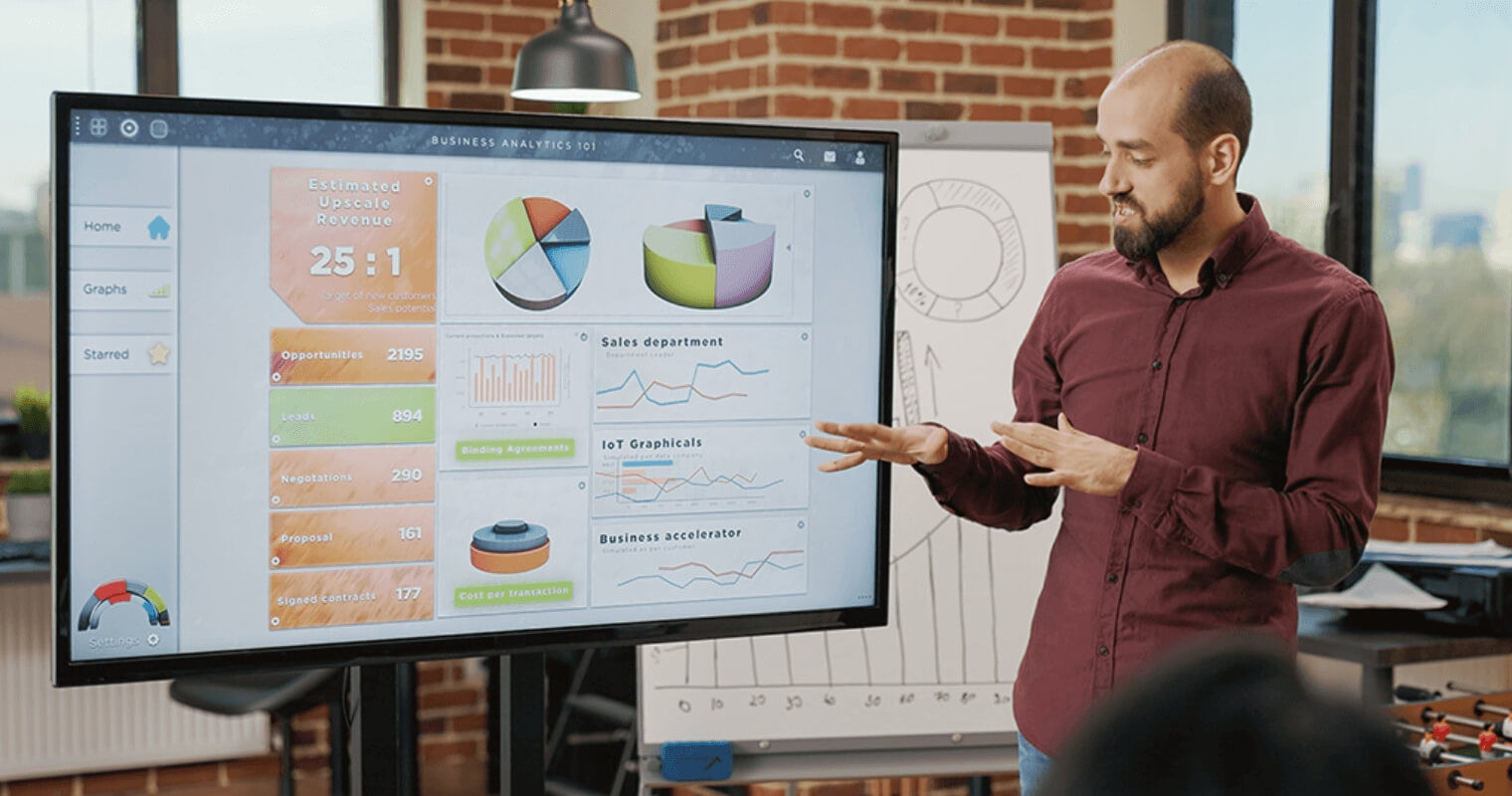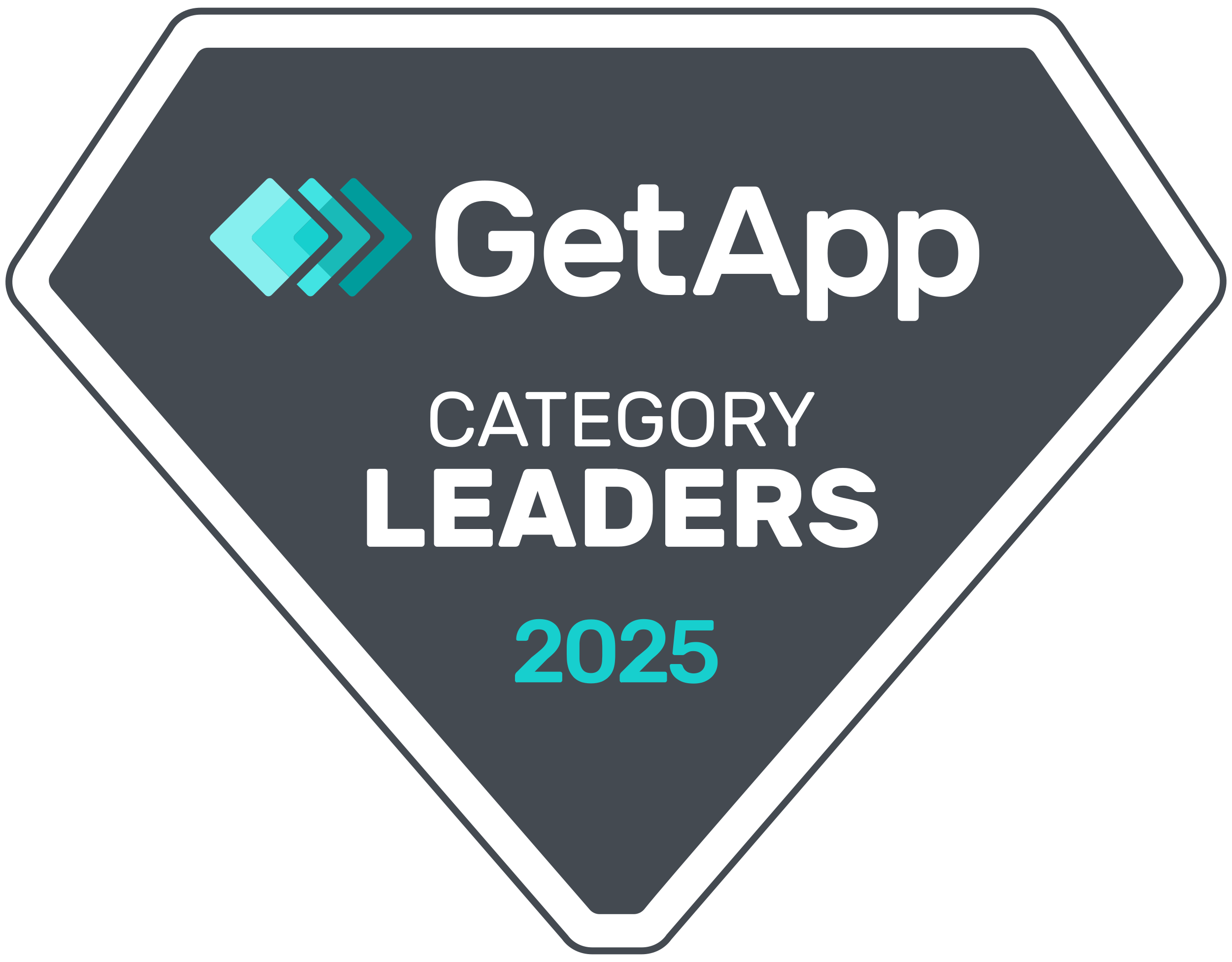Professionals dread meetings, primarily because so many are poorly planned, over-long events that could have been covered in a brief email. However, meetings can still be an effective way to share vital information and give teams the necessary direction on projects and tasks.
The key to success is understanding meeting types and how to choose the right option to achieve your goals. In the following guide, we’ll take you through six of the most common types of company meetings. Our valuable insights into how to structure and plan them will allow you to maximize post-meeting results and actions.
What are the 6 Types of Meetings Every Leader Should Know About
Brainstorming or Planning Meetings
Brainstorming, or planning, meetings involve gathering leaders and specialists to generate ideas about and insights into a specific topic. Ideally, a brainstorming meeting should include no less than four participants to ensure a productive, creative discussion. However, more than 12 participants can lead to confusion and cause some attendees to struggle to be heard.
Successful meetings should allot sufficient time allowing everyone a chance to speak. One helpful approach would be to invite a single speaker to share their ideas, after which all attendees can share their responses individually. Try to encourage participants to share ideas, as the purpose of a brainstorming session is to give new thoughts and concepts space to breathe. Brainstorming events can take shape as a type of virtual meeting through platforms like Microsoft Teams to save time and avoid confusion.
Decision-Making Meetings
Decision-making meetings are generally called when important discussions are needed to determine the next steps at a critical stage in a project timeline. This type of meeting typically surrounds issues requiring input from a broad range of individuals and affecting multiple teams or departments.
An essential element of decision-making meetings is to assign responsibility for subsequent tasks. Ideally, decisions should only be finalized after all participants have reported their concerns and given feedback on proposed solutions.
Project Kickoff Meetings
A kickoff meeting is the type of meeting held prior to the launch of a new project or initiative where team members are introduced and project goals and plans to attain them are discussed. Ideally, the discussion should also address individual and team roles and responsibilities, resource allocation, scheduling, and goalposts for measuring progress and ultimate success.
Because kickoff meetings often involve bringing together participants who may not know each other, it’s a good idea to set aside time for introductions and team-building activities. It would also be worthwhile to include an interlude for questions and answers and initial feedback.

Problem-Solving Meetings
Problem-solving meetings revolve around specific issues or challenges in need of an effective response. This meeting type typically involves an individual or team facing a problem requiring a solution and an authority figure. Together, these participants will discuss the potential causes of the issue in question and leaders may offer advice on possible approaches to solving it. Even if no immediate solution is discovered, problem-solving meetings can prompt creative responses or generate ideas to devise an action plan.
Financial Meetings
Held on a monthly, quarterly, or annual basis, financial meetings are a type of meeting generally held to apprise leadership of the state and the potential disposal of an organization’s finances. Subjects of discussion typically include:
- An overview of company-wide and project- or department-specific budgets;
- Actual spending, particularly compared to projected spending as of the preceding financial meeting;
- And discussions of how to adjust spending to either make more efficient use of funds or to bring costs within a company’s means.
As a rule, only leaders are required at financial meetings. However, it may help to keep rank-and-file employees in the loop by issuing a simplified report on financial findings and news.
Check-In or Feedback Meetings
Check-in meetings are also referred to as feedback or status update meetings. They’re held to give participants an opportunity to update others on their progress with assigned tasks or to generate feedback on current practices or initiatives. These tend to involve larger groups than other meeting types. However, it’s wise to keep them smaller than all-hands meetings, a more general type of company meeting, to avoid confusion and provide opportunities to contribute.
Management figures in these meetings are typically there to gather feedback and listen to concerns rather than to provide guidance or instruction. If possible, it’s a good idea to limit feedback meetings to under 30 minutes in order to save participants’ time.
Make Every Meeting a Success with Convene in Teams

Whatever type of meeting you’re planning, you can set your team up for success through Convene in Teams. This state-of-the-art meeting management platform is built to enhance the native features of Microsoft Teams. The software adds several crucial features needed to save time, increase accountability, and facilitate the best possible outcomes. Take charge of every stage of planning with agenda-building, moderation and recording, and follow-up and review features suitable for every business meeting type.
Explore the features of CiT and find out how it can improve all meeting types.
Audrey is a Content Marketing Specialist at Convene, in charge of managing the production of quality content on the company’s website. A communication major keen on marketing, Audrey has been constantly seeking approaches to create tailored content—may it be about governance, digitalization, boards, or meetings—fit for the stakeholders. When not strategizing on the next ebook to produce, Audrey finds solitude in reading make-you-ugly-cry novels and listening to self-improvement podcasts.










